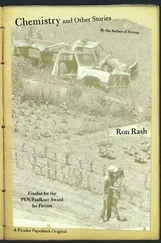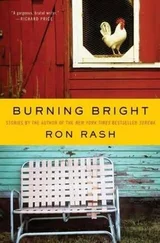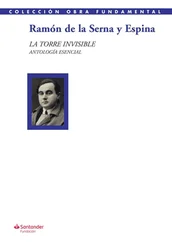Ron Rash - Serena
Здесь есть возможность читать онлайн «Ron Rash - Serena» весь текст электронной книги совершенно бесплатно (целиком полную версию без сокращений). В некоторых случаях можно слушать аудио, скачать через торрент в формате fb2 и присутствует краткое содержание. Жанр: Триллер, на английском языке. Описание произведения, (предисловие) а так же отзывы посетителей доступны на портале библиотеки ЛибКат.
- Название:Serena
- Автор:
- Жанр:
- Год:неизвестен
- ISBN:нет данных
- Рейтинг книги:4 / 5. Голосов: 1
-
Избранное:Добавить в избранное
- Отзывы:
-
Ваша оценка:
Serena: краткое содержание, описание и аннотация
Предлагаем к чтению аннотацию, описание, краткое содержание или предисловие (зависит от того, что написал сам автор книги «Serena»). Если вы не нашли необходимую информацию о книге — напишите в комментариях, мы постараемся отыскать её.
The year is 1929, and newlyweds George and Serena Pemberton arrive in the North Carolina mountains to create a timber empire, vowing to let no one stand in their way, especially those newly rallying around Teddy Roosevelt's nascent environmental movement.
Yet when Serena begins to suspect that George's allegiances may lie elsewhere, she unleashes her full fury on the young mountain woman who bore his illegitimate child the year before. Rash's masterful balance of violence and beauty yields a powerfully riveting story that, at its core, tells of love both honored and betrayed.
'Serena catapults Ron Rash to the front ranks of the best American novelists.' – Pat Conroy
'A complex and compelling study of human greed and the grimmest of lusts – that for wealth and power.An epic achievement.' – Jeffrey Lent, bestselling author of In the Fall.
Yet when Serena begins to suspect that George's allegiances may lie elsewhere, she unleashes her full fury on the young mountain woman who bore his illegitimate child the year before. Rash's masterful balance of violence and beauty yields a powerfully riveting story that, at its core, tells of love both honored and betrayed.
'Serena catapults Ron Rash to the front ranks of the best American novelists.' – Pat Conroy
'A complex and compelling study of human greed and the grimmest of lusts – that for wealth and power.An epic achievement.' – Jeffrey Lent, bestselling author of In the Fall.














